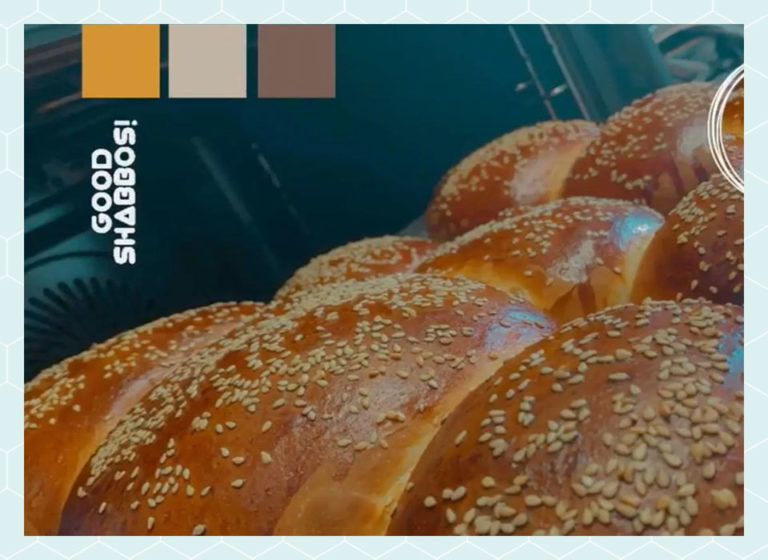![]()
As a Jewish educator, I encourage a Gap Year experience to many of the High School teens I work with. It is an experience that is unparalleled for the growth and development of a young person. Not only in their Jewish identity, but in all aspects of life.
Your four-year university experience can wait.
Get rid of the attitude that “I want to just get on with my path, so I can finish and move to the next phase.”
Friends, this is part of your path. It not a GAP in your path. It is part of your journey.
When we were looking into this opportunity for my first child, the director of Nativ, Yossi Garr, said “It is not a year off. It is a year on.” That has stuck with me ever since.
As a parent, I could not be more satisfied and feel truly fortunate that I was able to provide this experience for both of my children, currently aged 26 and 23.
I had mixed feelings of excitement and sadness as we were at the airport as they were embarking upon their year experience in Israel. I will never forget the shifting around of items in their huge bags to make sure that each weighed 50 lbs. or under! But that is an article for a different time!
I felt they were safe, secure, and very well taken care of the entire time they were there. We kept in contact with each other with ease. Back a few decades ago, when I was away in Israel for a year, I clearly remember lining up at the pay phone with a token each week to call my parents! Thankfully, times are vastly different now, and we can talk to our children in a variety of ways.
Every time I heard my WhatsApp tone on my phone, I would know it was Natan (or 3 years later, Ilana) sharing news or just saying hi.
I lived vicariously through their excursions and experiences. We were fortunate to be able to visit each of our children while they were there, and they proudly and confidently showed us around. It was a joy seeing my children acting as tour guides in Israel.
Confidence and growth. Those were the most evident outcomes I witnessed in my children.
And they have friends for life. Shared backgrounds and a shared immersive experience created bonds that cannot be broken. I remember my daughter telling me that these people “just get her. They are like me.” Hearing and seeing them interact with their Nativ friends all these years later is evidence of the value of these relationships.
I will never forget when we were moving my son into his Freshman dorm room at the University of Michigan, he said to us how easy it was. He said “I have already done this. I have learned how to live on my own, cooked my own meals, made my way through a new city. I am looking at these other first year students and feel so much older and experienced then they are.”
Both my son and daughter have become impressive leaders in their respective communities. Of course, there are other things that contribute to these qualities, but the experience they had during their year in Israel between High School and College is a big influence.
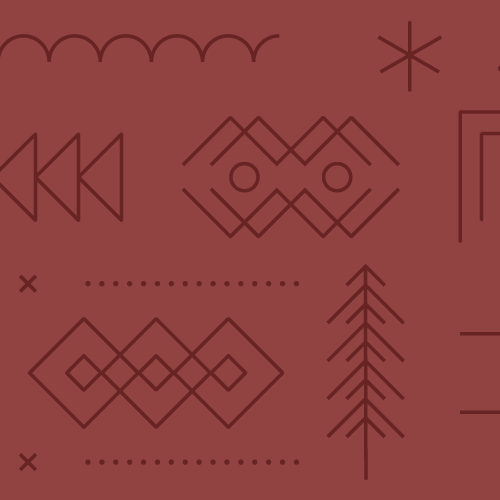
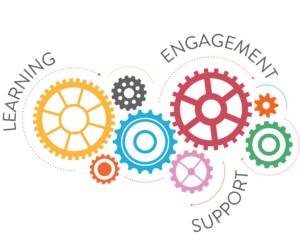
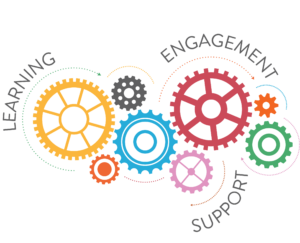 Thinking about our Jewish community as an interdependent ecosystem
Thinking about our Jewish community as an interdependent ecosystem 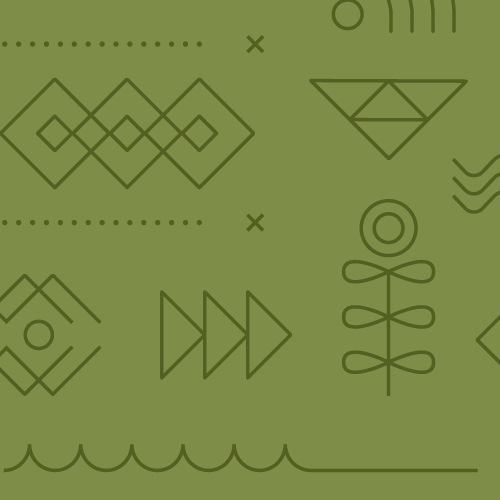
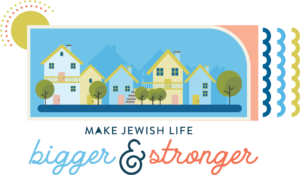 Federation’s Making Jewish Places initiative
Federation’s Making Jewish Places initiative 
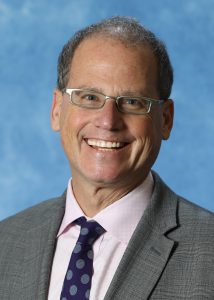
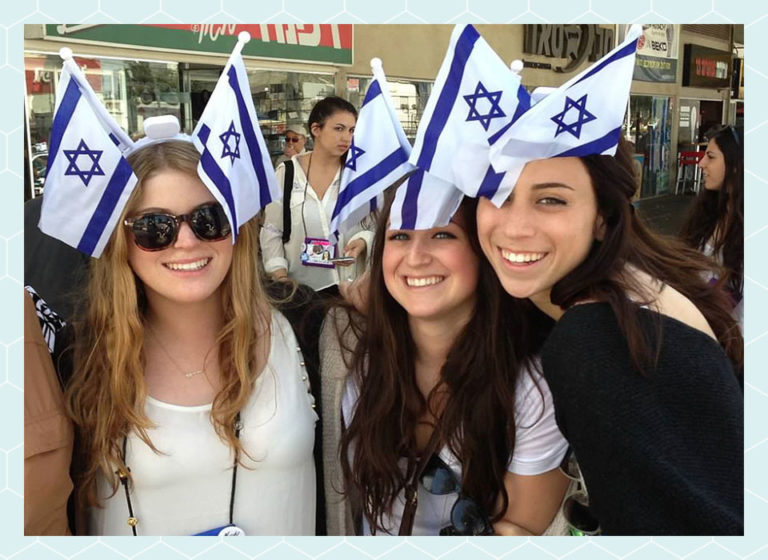
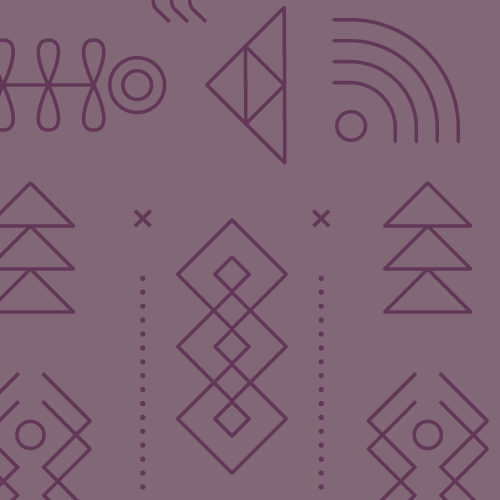
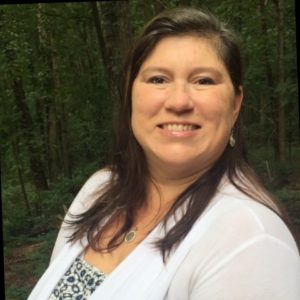 Passover is a challenging time. It is challenging to meet all the requirements, to prepare for family rituals, to prepare for Passover via Zoom instead of in person, and to balance the material world with the spiritual practice in a society that is not Passover friendly.
Passover is a challenging time. It is challenging to meet all the requirements, to prepare for family rituals, to prepare for Passover via Zoom instead of in person, and to balance the material world with the spiritual practice in a society that is not Passover friendly. 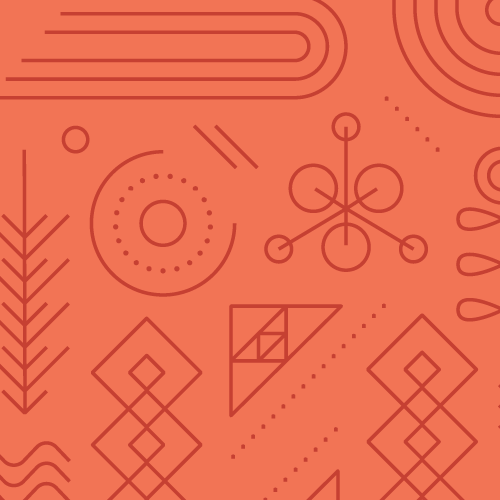
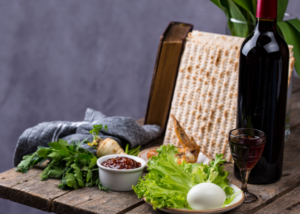 Wha
Wha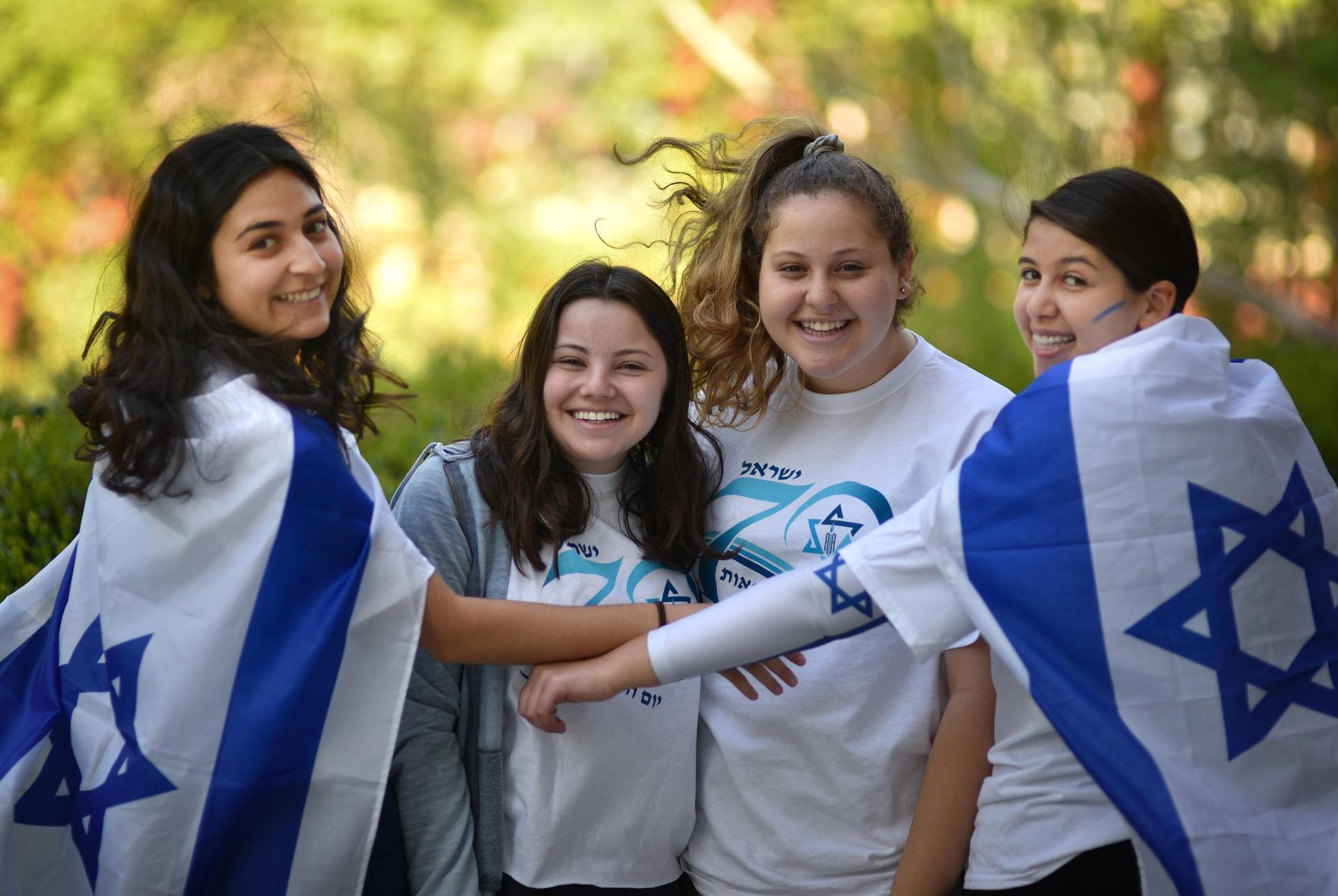
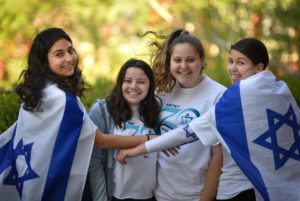 A group of grateful and generous Atlanta donors
A group of grateful and generous Atlanta donors